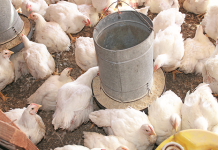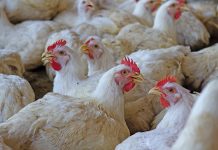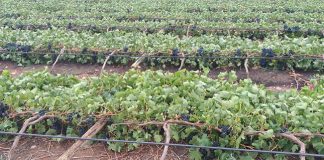The farming and wild harvesting of pythons in South-East Asia was ecologically sustainable and resulted in socio-economic benefits for poor households, according to three reports released by the Python Conservation Partnership (PCP).
However, Arno Naudé, chairperson of the Transvaal Herpetology Society, told Farmer’s Weekly that anyone who bought snake products needed to be aware of the fact that the snakes were most probably not killed in a humane way.
READ MORE: Crocodile farming gains momentum
An International Union for Conservation of Nature (IUCN) report said that at python farms in China, Thailand and Vietnam, snakes were killed by decapitation, drowning, or having air blown into their bodies with an air compressor.
According to one of the reports released by the PCP, between 300 000 and 450 000 reticulated python skins, sourced primarily from the wild, were exported from South-East Asia each year.
The EU is the largest importer of reticulated python skins, owing to the long-established industry of European fashion brands using exotic leathers, according to the IUCN report.












